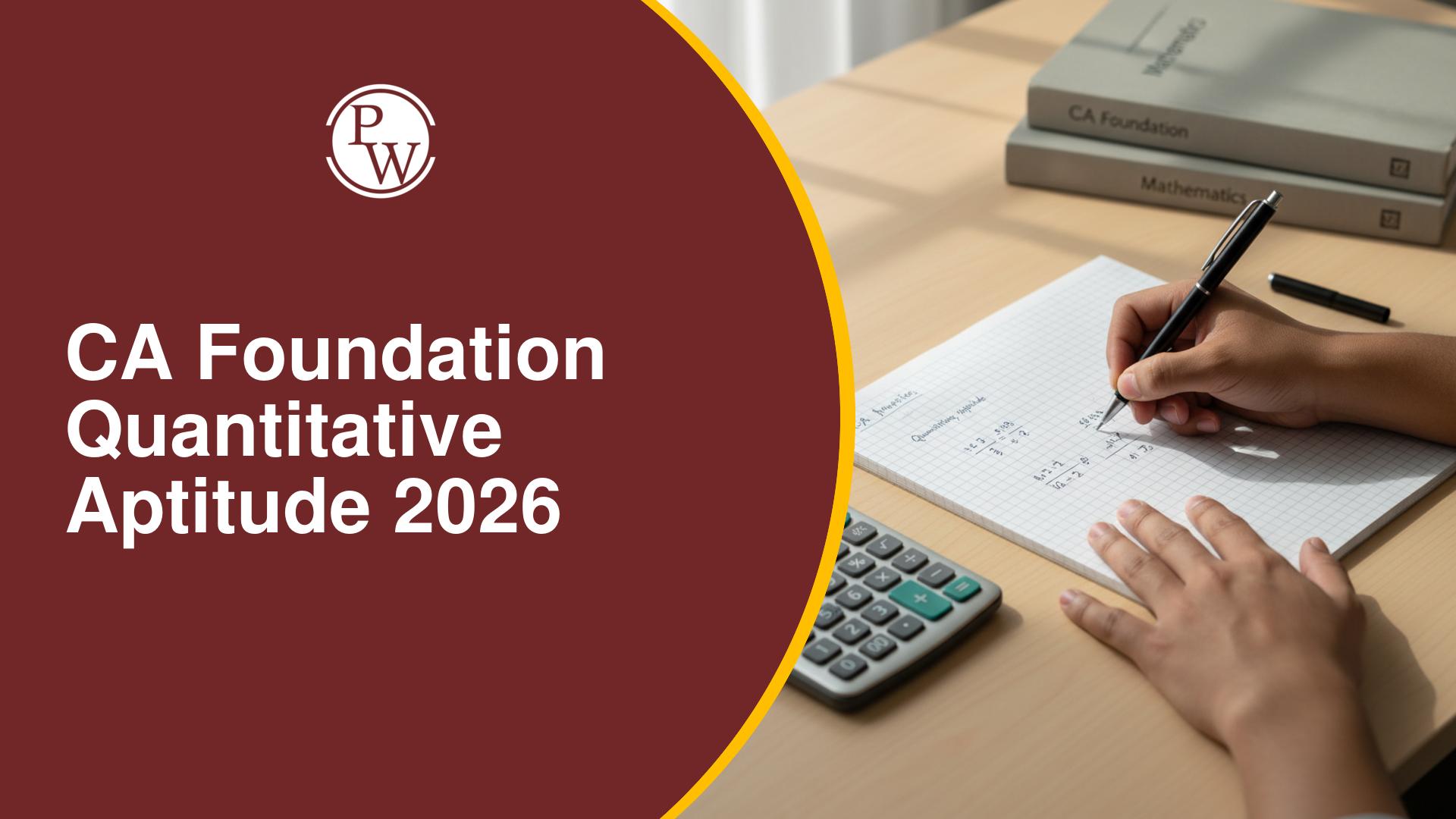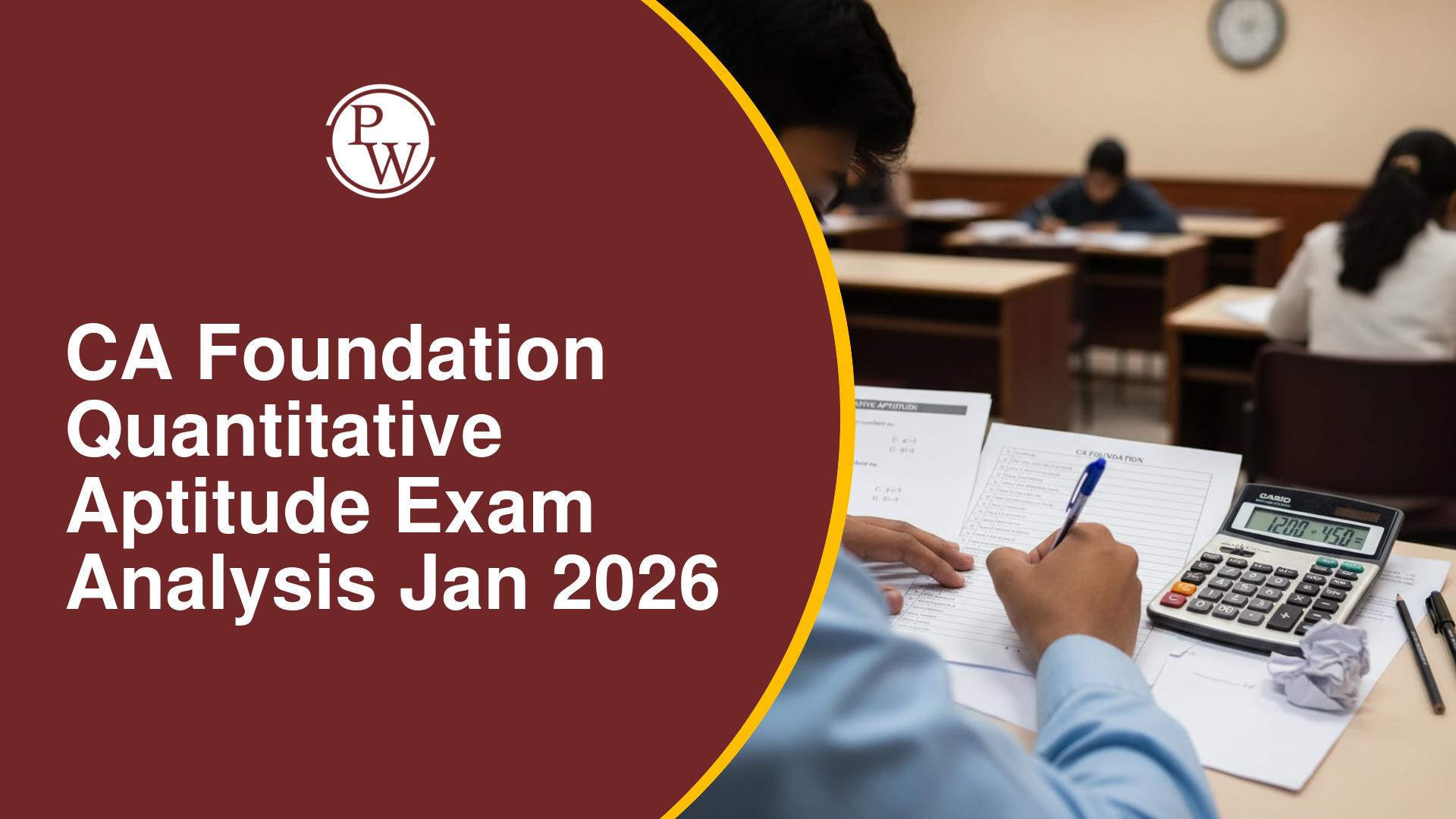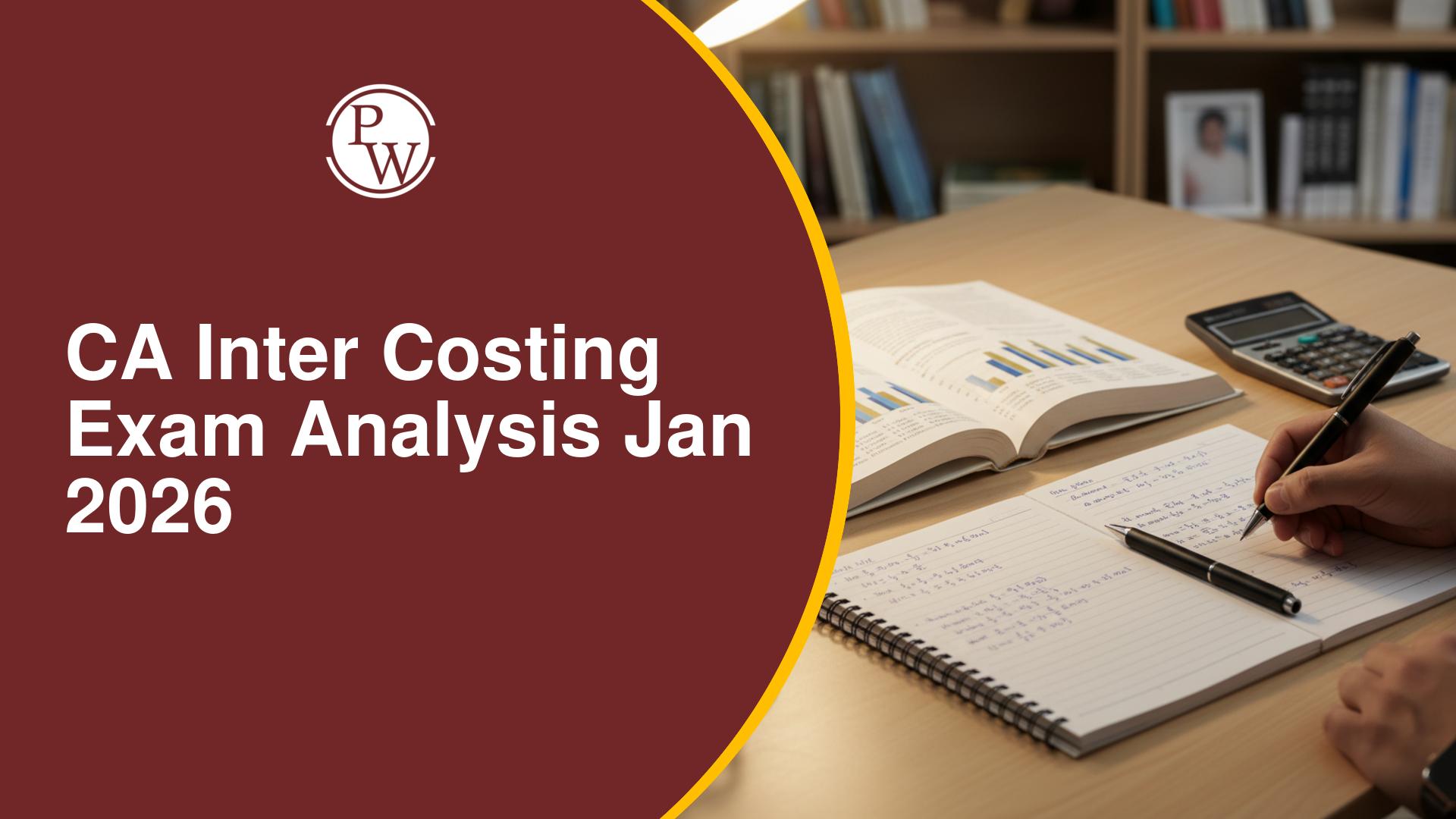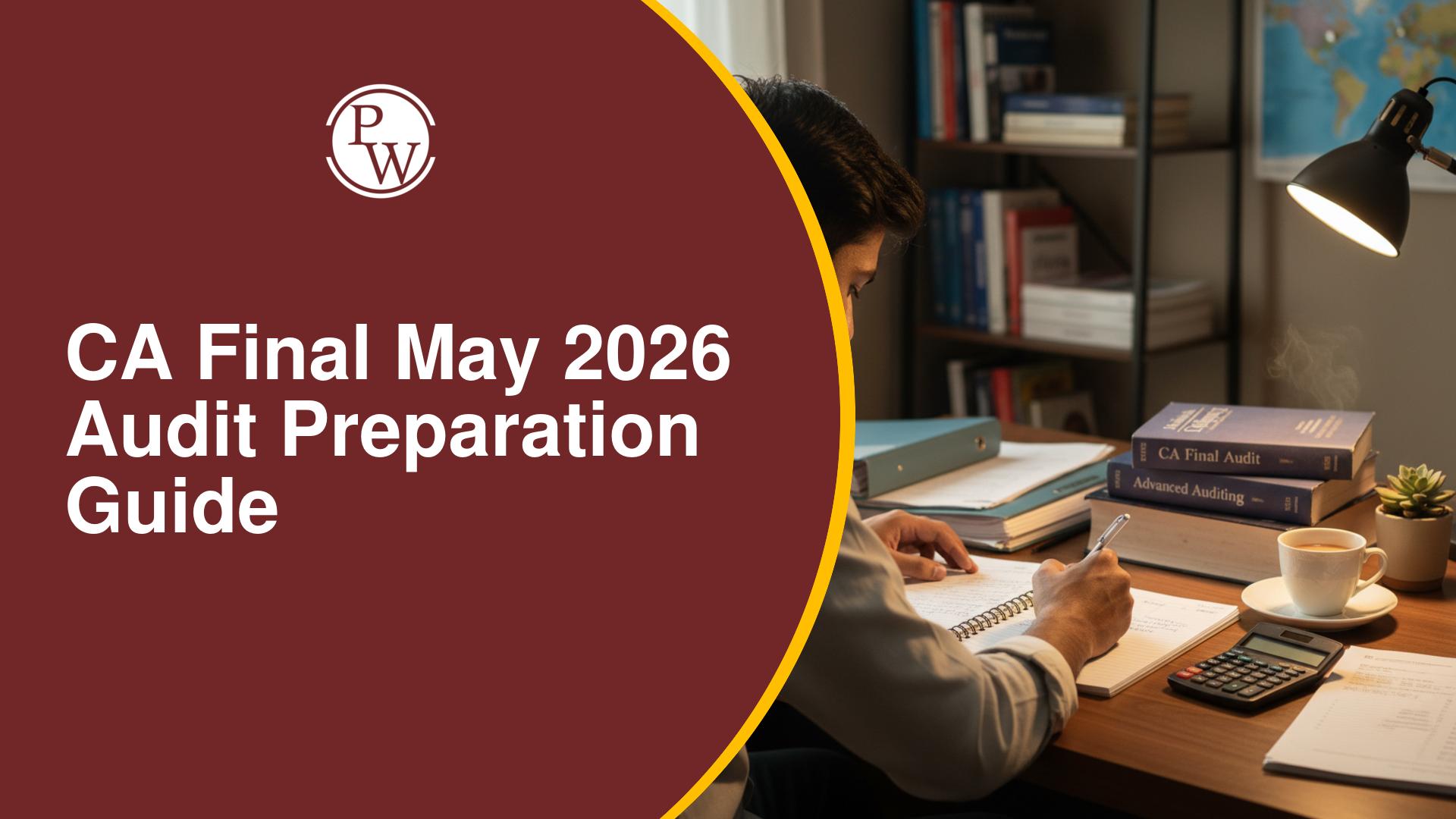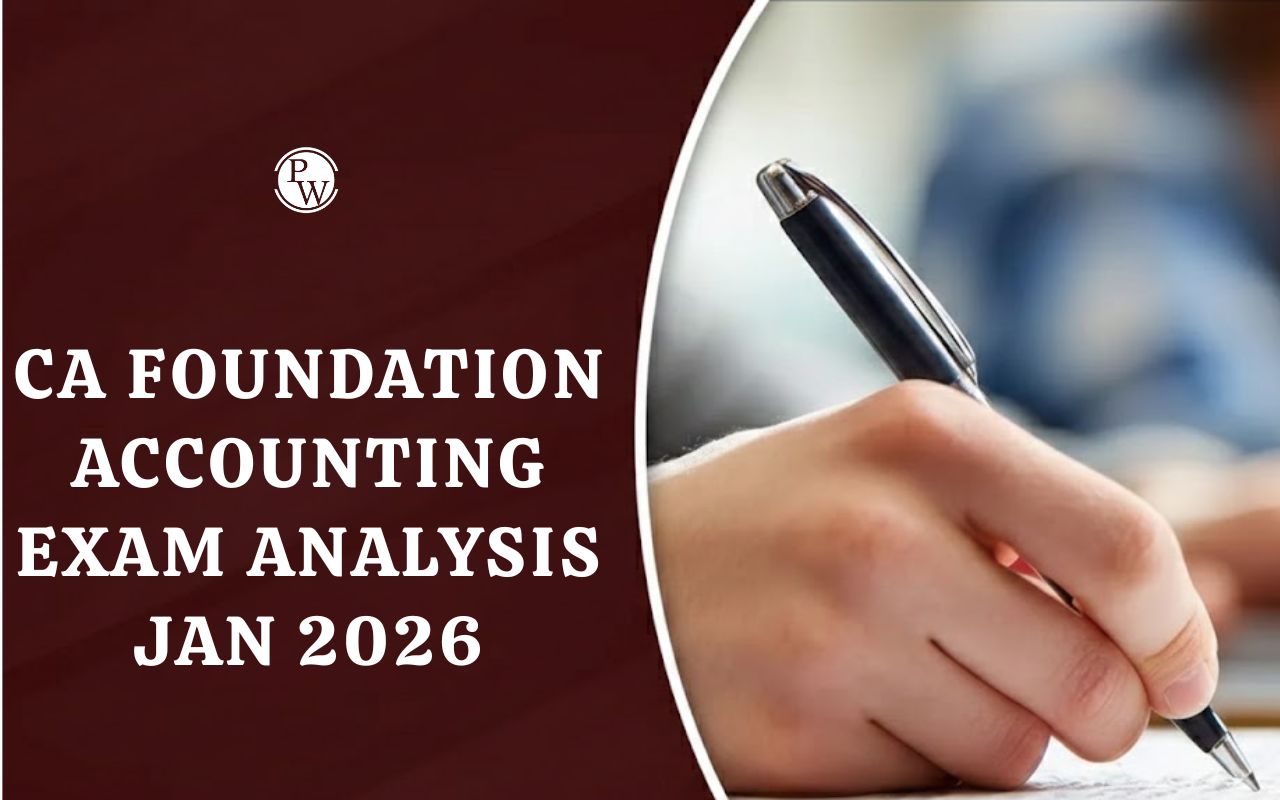
Understanding Assets Based Accounting Standards is crucial for every aspiring Chartered Accountant. These standards define how assets should be recognized, measured, and disclosed in financial statements. For CA students, mastering these concepts is not just about passing CA Exams but about building a strong foundation in financial reporting.
With evolving regulations and international convergence, knowledge of Assets Based Accounting Standards is indispensable for a successful career in accounting.
What are Assets Based Accounting Standards?
Assets Based Accounting Standards refer to the principles that govern the recognition, valuation, and reporting of assets in financial statements. These standards ensure transparency, consistency, and reliability in financial reporting, allowing stakeholders to make informed decisions. They apply to various types of assets, including tangible, intangible, and financial assets.
The importance of Assets Based Accounting Standards lies in their ability to provide a uniform framework for asset recognition. Without standardized principles, financial statements would lack comparability, leading to confusion among investors, regulators, and other stakeholders. These standards help businesses maintain accuracy in reporting and avoid financial misstatements.
Principles of Assets Based Accounting Standards
The fundamental principles of Assets Based Accounting Standards help in structuring financial statements with accuracy, ensuring clarity and uniformity in the treatment of various types of assets.
Recognition of Assets
One of the fundamental principles of Assets Based Accounting Standards is asset recognition. An asset is recognized in financial statements only if it meets specific criteria: it must be a resource controlled by the entity, provide future economic benefits, and have a reliable value that can be measured.
Measurement of Assets
The measurement of assets under Assets Based Accounting Standards varies based on the type of asset. Common measurement bases include:
Historical Cost Method
Assets are recorded at their original purchase price, including acquisition costs. This method is widely used due to its simplicity and reliability.
Fair Value Method
Fair value measurement reflects the current market price of an asset. This method is particularly relevant for financial instruments and investment properties.
Impairment Testing
An essential aspect of Assets Based Accounting Standards is impairment testing. Assets must be reviewed periodically to determine whether their carrying amount exceeds their recoverable amount. If an asset is impaired, its value should be written down accordingly.
Also Check: Presentation and Disclosures Based Accounting Standards
Classification of Assets Under Assets Based Accounting Standards
Different types of assets are categorized under Assets Based Accounting Standards, each with specific recognition and measurement criteria to maintain consistency and transparency in financial statements.
Tangible Assets
Tangible assets include property, plant, and equipment (PPE), which are recorded based on historical cost and depreciated over their useful life. Assets Based Accounting Standards provide guidelines on how depreciation should be calculated and reported.
Intangible Assets
Intangible assets, such as patents, copyrights, and goodwill, are crucial in modern businesses. These assets are recognized based on their ability to generate future economic benefits. Assets Based Accounting Standards ensure that intangible assets are amortized systematically.
Financial Assets
Financial assets include investments in equity, debt securities, and derivatives. Their valuation depends on the accounting standard applied, with fair value and amortized cost being the most common methods.
Challenges in Implementing Assets Based Accounting Standards
Applying Assets Based Accounting Standards comes with challenges such as complex valuation techniques, evolving regulations, and subjective asset measurement, making continuous learning crucial for accounting professionals.
Complex Valuation Techniques
One of the major challenges in applying Assets Based Accounting Standards is the complexity involved in valuation. Fair value estimation, impairment testing, and revaluation require specialized knowledge and professional judgment.
Frequent Regulatory Changes
Accounting standards evolve continuously, making it essential for professionals to stay updated. The adoption of International Financial Reporting Standards (IFRS) has led to several changes in Assets Based Accounting Standards, requiring accountants to adapt accordingly.
Subjectivity in Asset Measurement
While Assets Based Accounting Standards provide clear guidelines, certain aspects, such as fair value measurement, involve subjectivity. Professional judgment plays a crucial role in determining the appropriate valuation approach.
Mastering Assets Based Accounting Standards is vital for every CA student aiming for a successful career. These standards ensure accuracy, reliability, and consistency in financial reporting, making them indispensable in the accounting profession. Aspiring CAs should not only focus on theoretical understanding but also on practical applications to excel in their careers.
If you want to gain an understanding of Assets Based Accounting Standards, enroll in PW CA Courses. Our coaching, study materials, and mock tests will help you in your CA journey.
| Also Check: | |
| Budget Cost | Labour Cost |
| Computation of GST liability | Residential Status Under Income Tax Act |
| GST Composition Scheme | CGST |
Assets Based Accounting Standards FAQs
What are Assets Based Accounting Standards?
Why are Assets Based Accounting Standards important?
How are tangible assets measured under Assets Based Accounting Standards?
What is the fair value method in Assets Based Accounting Standards?

